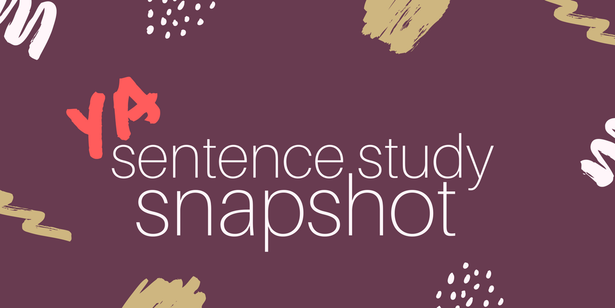Mediation is a process to help bring your pending litigation (or potential litigation) to a conclusion short of Court.
Mediation is a collaborative effort involving the parties, their attorneys and a hired, third-party neutral, the mediator. In family law cases, it is usually a retired chancellor or a private attorney, who has spent some significant portion of their career handling family law cases.
Mediation is an opportunity for you to have your say, be advised as to the strengths and/or weaknesses of your case, and find the common ground so that you may settle your case.
Mediation is really a guided settlement. If done right (and successfully), at the conclusion of the mediation you leave with a signed settlement and all of the needed documents that can be presented to the Judge to make it final.
Mediation is not an Arbitration. Arbitration has a person(s) that is making the final decision, not the parties. Arbitration is quasi-court.
Mediation is non-binding. Either you reach a deal or you do not. At the end of the day you must agree to get a result.
Mediation is not admissible in Court, if not settled. Settlement positions cannot be discussed with the Court to show what someone would have done for settlement purposes.
Mediation may be right for you. It is quicker than trial, cheaper than trial, you have say in the outcome and is effective 9 out of 10 times.
Matthew Thompson is a family law attorney that mediates a significant number of cases and advises his clients as to the pros and cons of a mediation.

Rate this:BowTie-rrific!:
- More





